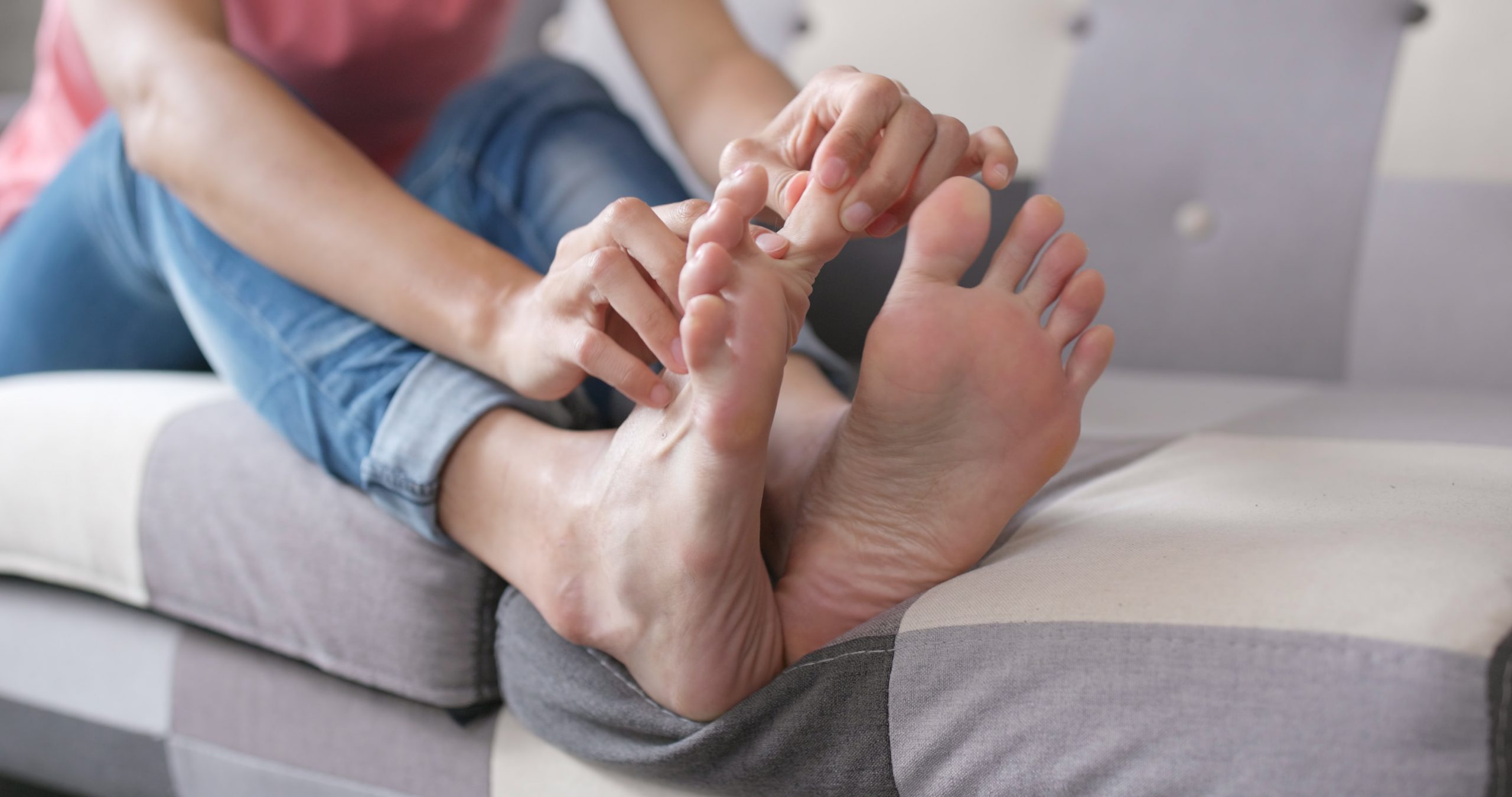
The toes, especially the big toe, help us move and maintain balance, so pain, no matter how little, affects our mobility, making the hallux rigidus a source of severe discomfort due to the pain and joint stiffness it causes as a result of the erosion of the joint surfaces. Sometimes only the upper part of the joint is affected and the rest of the joint is intact, while other times it causes the entire joint to erode.
Causes of Hallux Rigidus
When walking, the major joint of the big toe is subjected to enormous stress; with each step, it bears a force equal to double the body’s weight! Hallux rigidus might also be the result of a previous injury or another medical condition, such as gout.Symptoms
- Pain in the big toe when walking or even while at rest.
- Stiffness and loss of the ability to turn the big toe upwards, sometimes so hard that it cannot be laid flat on the floor.
- A bony protrusion (bone growth) that may appear above the joint to rub against the shoe.
- Pain in the ball of the foot or in its outer edges as a result of walking on the side of the foot to avoid the pain of the big toe.
- Deformation of the toes.
Treatment
The severity of the case determines treatment. For example, simple treatment methods will help ease the symptoms in the early cases, such as:- Wear suitable shoes with a wide toe room and a harder sole to minimize friction across the joint.
- Use medical insoles which can help improve foot function and reduce pain.
- Take pain relievers such as Paracetamol.
- Weight loss If you are overweight, this will reduce the pressure on the foot.
- A healthy diet and a healthy lifestyle.
- Treatment by injection (steroid) into the joint to help reduce pain and inflammation
- Surgery- if other treatments fail.
After Hallux Rigidus surgery?
The surgery normally takes approximately an hour, and you should avoid moving it as much as possible for two weeks. If you feel pain, the doctor will prescribe some painkillers for you- To avoid foot swelling, rest with your foot lifted on a chair or the end of a sofa at first.
- About two weeks after the surgery, you will return to the clinic to remove the stitches.
- Your doctor may ask you to wear a surgical shoe so that the bones can heal safely



